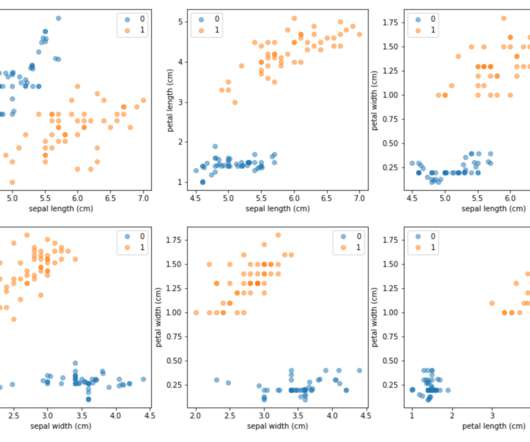Fundamentals of Data Mining
Data Science 101
OCTOBER 31, 2019
This data alone does not make any sense unless it’s identified to be related in some pattern. Data mining is the process of discovering these patterns among the data and is therefore also known as Knowledge Discovery from Data (KDD). Machine learning provides the technical basis for data mining.













Let's personalize your content